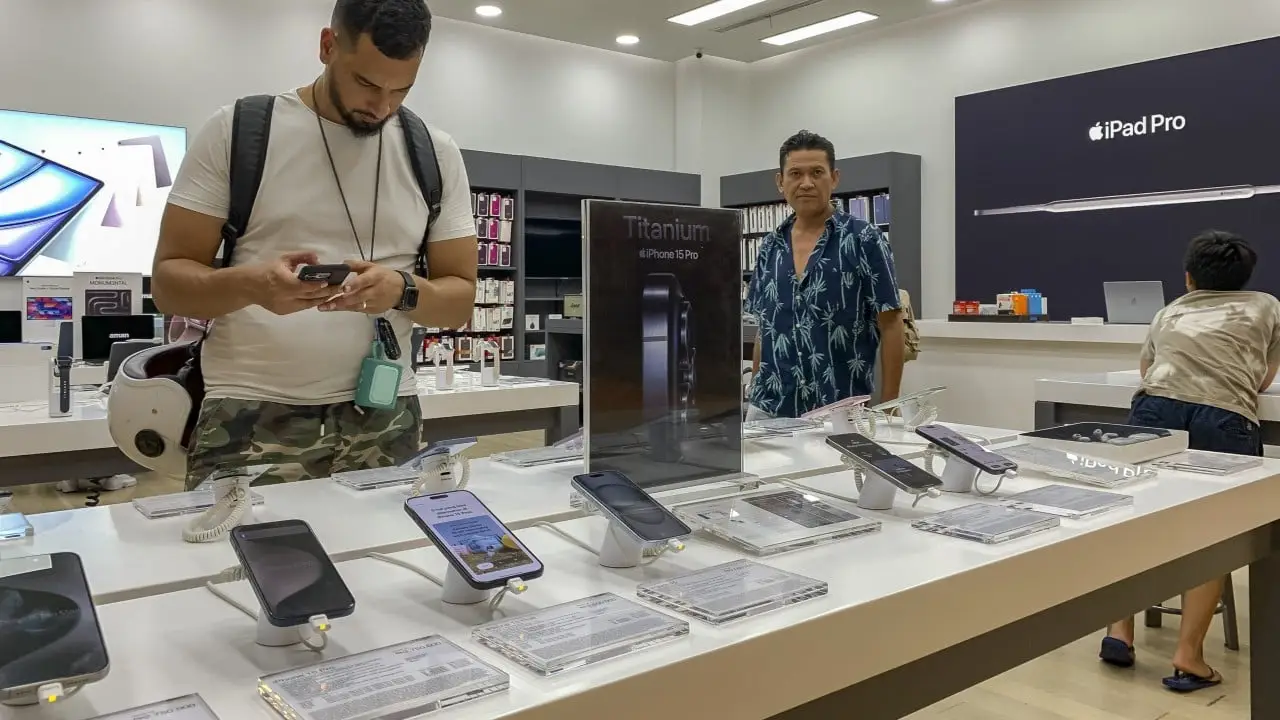Indonesia’s strategy of pressuring Apple into increasing its investments in the country to be able to sell its latest phone appears to have paid off with a US$1 billion pledge, but analysts warn that the country’s strict local content rules could prove to be a “double-edged sword”.
Advertisement
Southeast Asia’s largest economy banned the sale of the new iPhone 16 in October, citing Apple’s failure to meet local content requirements that mandate that a percentage of components or production processes originate within the country. In response, Apple initially proposed US$10 million in new investments to Indonesia, later increasing the offer to US$100 million.
When officials in Jakarta were still not satisfied, Apple last week said it would invest US$1 billion in the country – an amount Indonesian President Prabowo Subianto deemed acceptable, according to sources cited by Bloomberg.
Apple also said one of its suppliers would set up a plant on Batam island to produce AirTags, employing about 1,000 workers. The tech giant is also expected to set up a manufacturing plant in Bandung, as well as fund more developer academies across the country for research and development and to train workers.
Dedi Dinarto, lead Indonesia analyst at public policy advisory firm Global Counsel in Singapore, said Apple’s offer showed that “Indonesia’s push for local content rules and onshore manufacturing is starting to pay off”.
Advertisement
The government’s hope is that Indonesia is seen as more than just a market for foreign goods, and instead is incorporated into the manufacturing process, according to Dedi.

